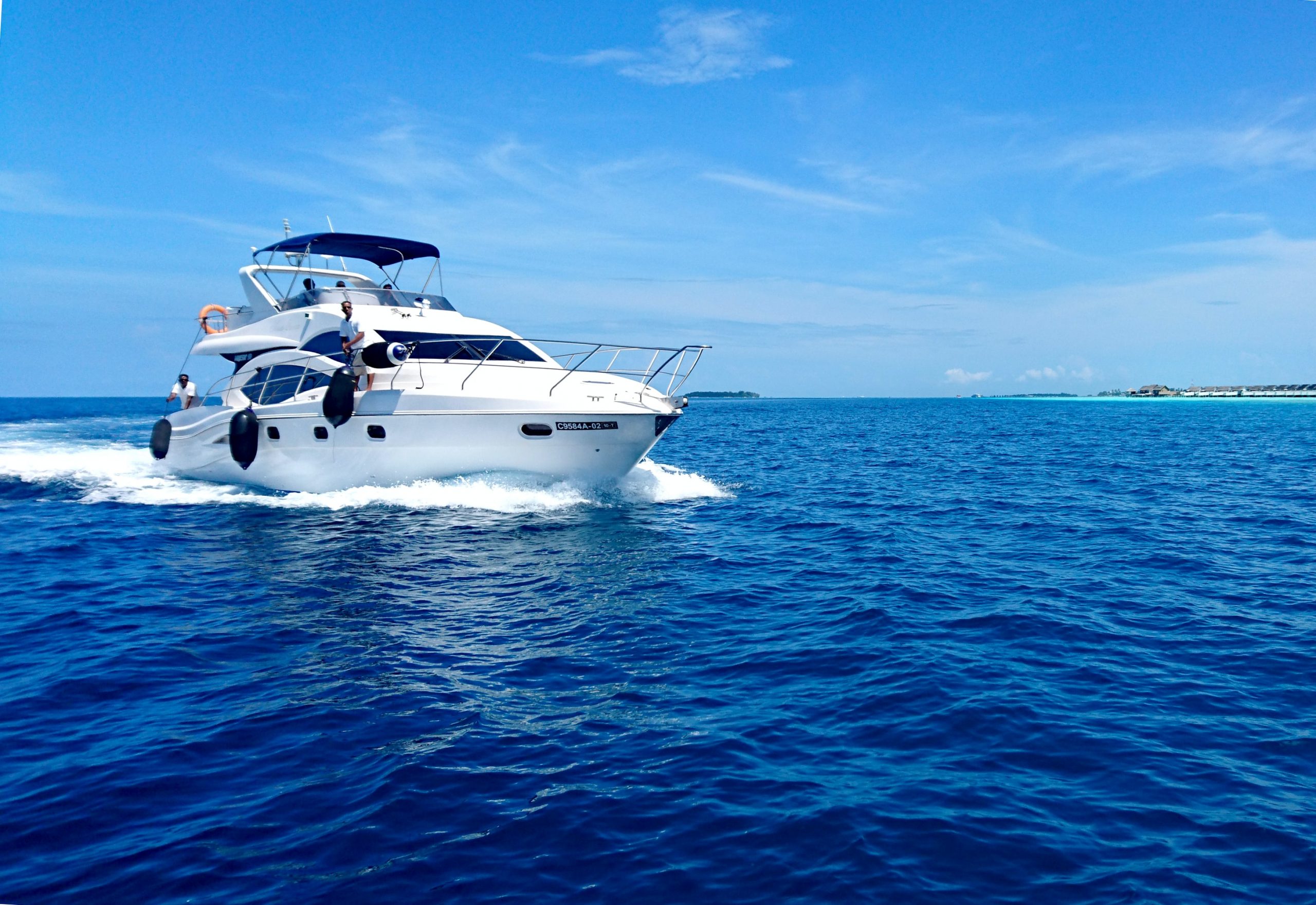Boat Insurance Tips to Keep You Seaworthy
Whether you own a sailboat, motorboat or even a large yacht, having the right insurance in place is key to staying safely afloat.
Dayton Ritz + Osborne Insurance offers a few factors to consider when insuring your vessel. Your actual policy depends on several factors, including the type of boat you have, but these basics can help you prepare when you meet with your insurance provider.
The Basics
Your policy starts with two basic coverages: physical damage and liability. Physical damage covers accidental loss or damage to the vessel and its machinery. It typically covers the hull and the engine(s), sails, personal property and other equipment required to operate the boat.
Liability, sometimes referred to as Protection & Indemnity, covers your legal obligations to third parties. It can arise from bodily injury or loss of life, or damage to someone else’s property, as a result of the ownership or operation of your boat. Liability coverage also helps cover legal costs if you’re sued for an occurrence covered under your policy.
What’s Covered?
Physical damage coverage generally pays for repairs resulting from damage caused by a wide range of potential hazards. Consider opting for “all risk” coverage, which means that if the cause of loss is not specifically excluded, it’s covered. Typical causes of covered losses include:
- Weather-related perils such as wind, rain, hail, lightning and wave action
- Fire
- Loss or damage caused by theft or vandalism
- Collisions with docks, submerged or floating objects or other boats.
It’s a good idea to choose a policy that continues to cover your boat while it is stored on land, or while you transport your boat over land by trailer.
As the owner, you’re responsible for maintaining your boat; normal wear and tear is often excluded under a boat or yacht policy.
Understanding Loss Settlement
When comparing physical damage coverage, the most significant difference in policies is whether the coverage is based on an “Agreed Value” or “Actual Cash Value” (ACV) loss settlement. Agreed value policies normally pay the amount shown on the policy if the boat is a total loss. Damage resulting from a partial loss is generally paid for on a replacement cost (new-for-old) basis, less your deductible; that is, physical depreciation will not be factored into determining the value of the lost or damaged items. However, some items that are subject to higher amounts of normal wear and tear–such as canvas, sails, trailers and some machinery–may be subject to allowance for depreciation in the event of a covered loss.
An ACV policy provides less coverage than an Agreed Value policy, but at a lower cost. An ACV policy provides coverage up to the current market value of the boat in the event of a total loss, minus depreciation and other factors. Payments made for partial losses are usually reduced based on physical depreciation of the lost or damaged items, and the policy deductible is also applied.
We’ll Help Cover Your Vessel the Right Way
There are other policy considerations, such as personal property, emergency towing, additional liability, medical payments, and uninsured/underinsured boater, but rest assured that Dayton Ritz + Osborne Insurance is here to ensure you have the boat or yacht insurance that best meets your needs and keeps you safe on the water.
For more information on our boat and other policies, call us at 631-324-0420 or contact us today.
Disclaimer
The above description provides a brief overview of the term and phrases used within the insurance industry. These definitions are not applicable in all states or for all insurance and financial products. This is not an insurance contract. Other terms, conditions and exclusions apply. Please read your official policy or full details about coverage. These definitions do not alter or modify the terms of any insurance contract. If there is any conflict between these definitions and the provisions of the applicable insurance policy, the terms of the policy control.
